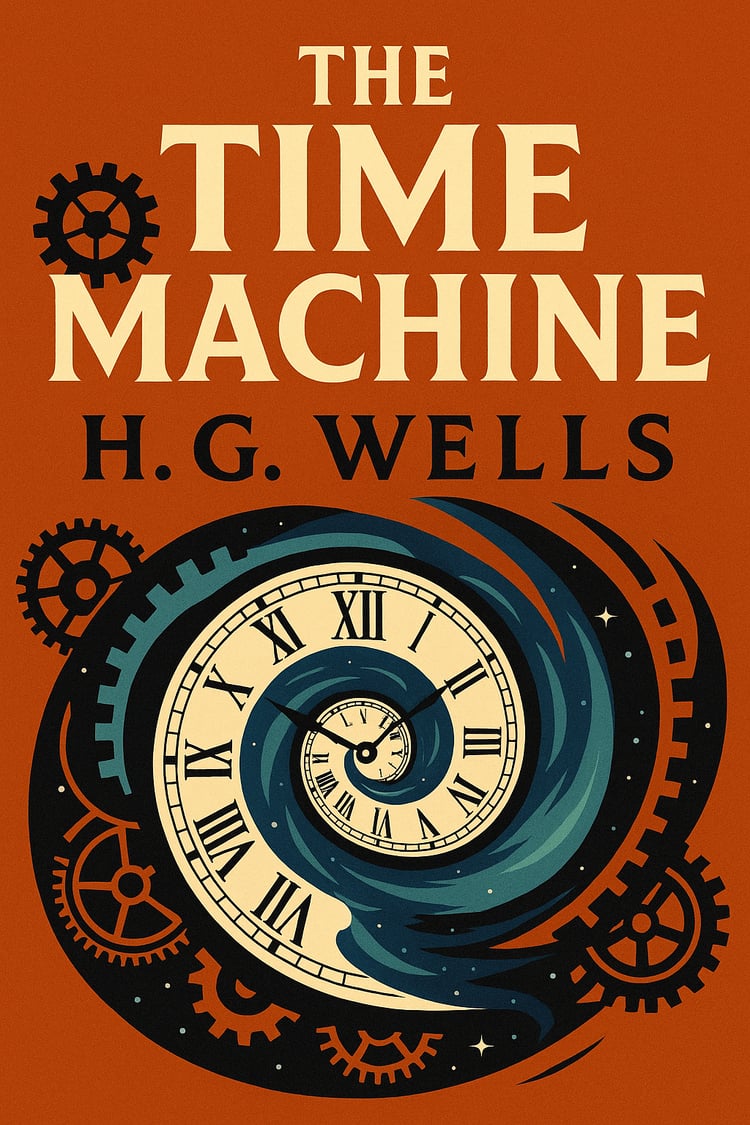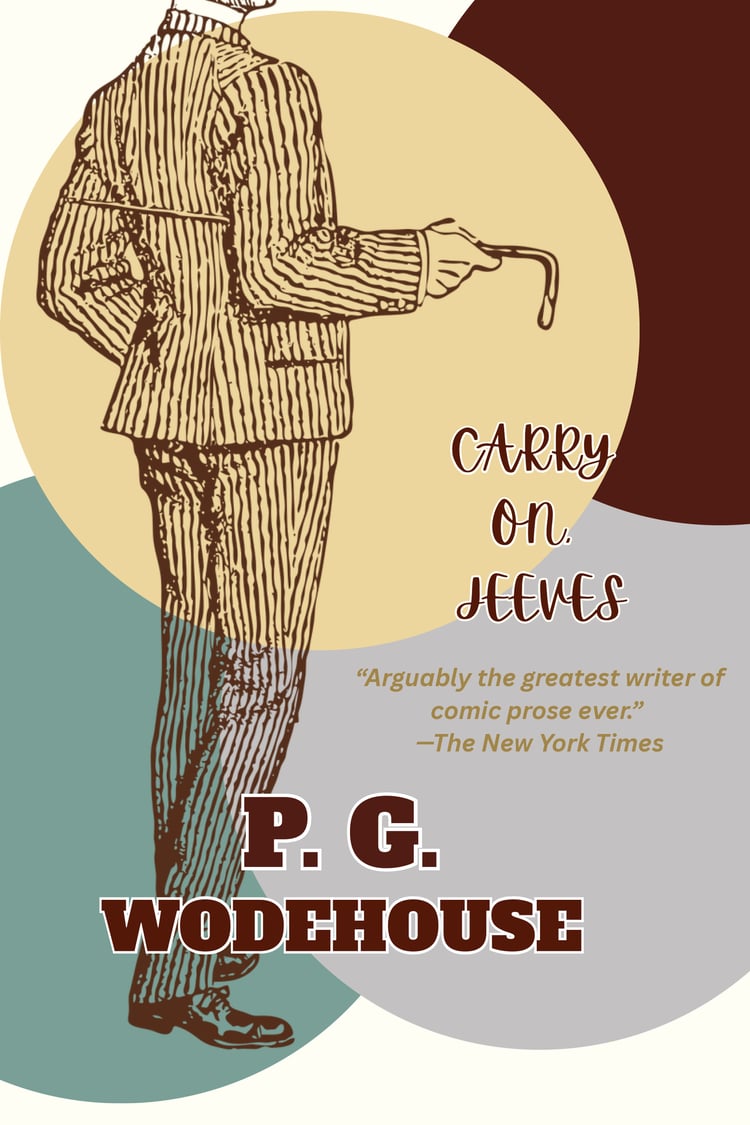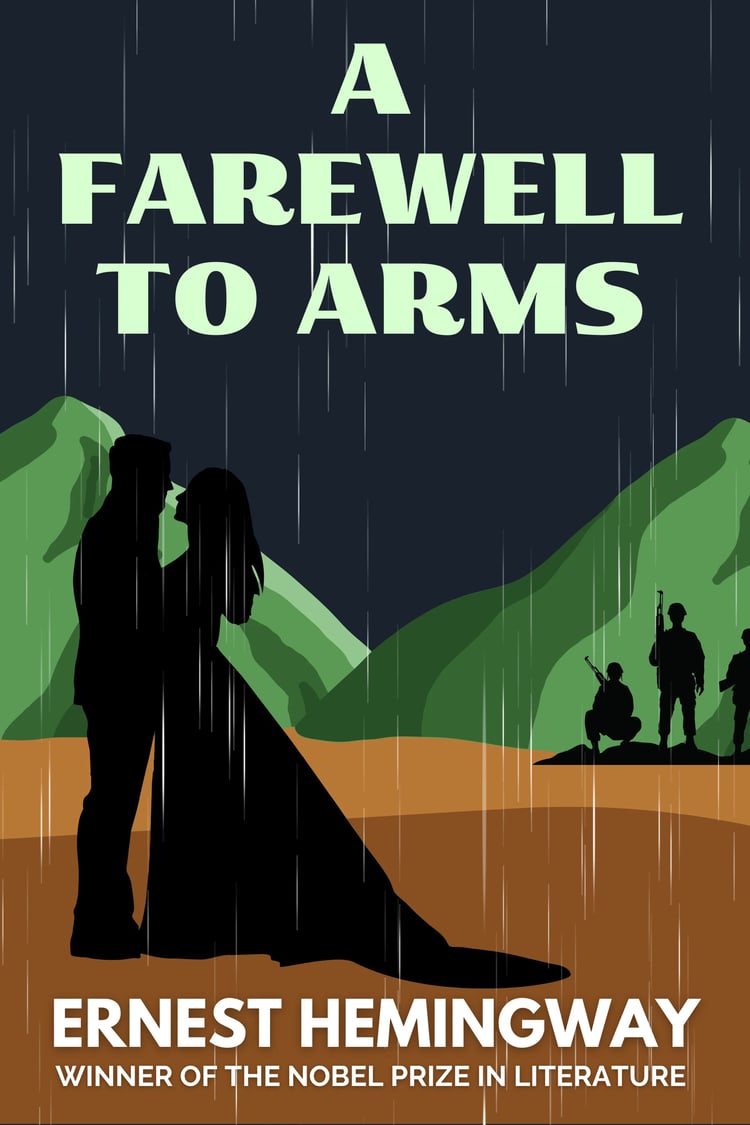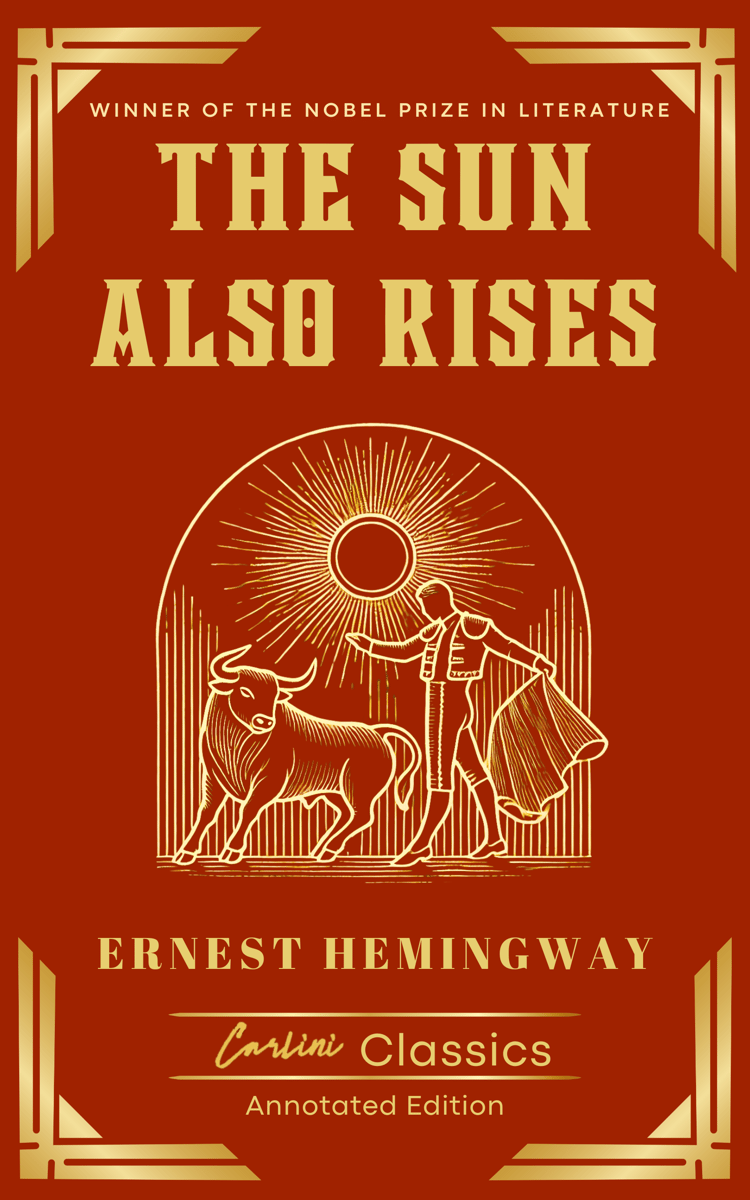
Howards End
Howards End, written by E. M. Forster and first published in 1910, is a profound and beautifully crafted novel that explores the social, economic, and cultural divides of Edwardian England. At its heart, the story revolves around the intertwined lives of three families: the intellectual and idealistic Schlegels, the wealthy and pragmatic Wilcoxes, and the struggling lower-middle-class Basts. Through their interactions, Forster examines themes of class conflict, personal connection, and the search for meaning in a rapidly changing world. The titular country house, Howards End, serves as a powerful symbol of tradition, heritage, and the possibility of reconciliation between disparate worlds.
The novel is celebrated for its rich character development and incisive social commentary. Margaret Schlegel, the central protagonist, embodies the struggle to bridge the gap between idealism and practicality, while her relationship with the Wilcox family highlights the tensions between different social strata. Forster’s nuanced portrayal of human relationships and his exploration of the question, “Only connect…”—urging empathy and understanding across divides—resonate deeply with readers. The story’s emotional depth and moral complexity make it a timeless exploration of human nature and societal evolution.
Howards End is not only a masterpiece of early 20th-century literature but also a poignant reflection on the enduring challenges of class, identity, and belonging. Forster’s elegant prose, combined with his keen observational wit and compassion, creates a narrative that is both thought-provoking and deeply moving. A cornerstone of English literature, this novel continues to captivate readers with its timeless themes and universal relevance.
About the author
E. M. Forster (1879–1970) was an acclaimed English novelist, short story writer, and essayist, best known for his exploration of social and cultural issues in works such as A Room with a View, A Passage to India, and Howards End. A member of the Bloomsbury Group, Forster was celebrated for his humanistic outlook, keen social insight, and ability to weave complex themes into compelling narratives. His works often critiqued the rigid class structures and moral hypocrisies of his time, while championing the values of empathy, connection, and individuality. Forster’s legacy endures as one of the most influential voices in modern literature.











